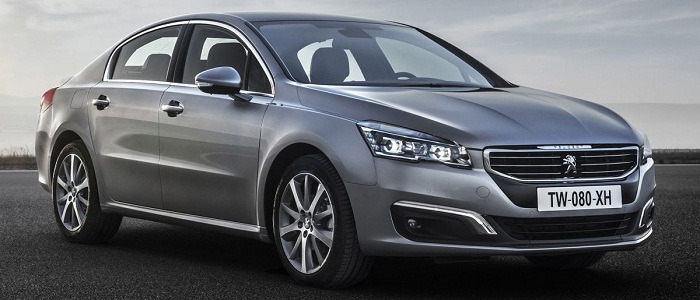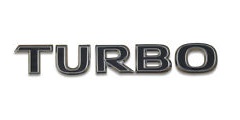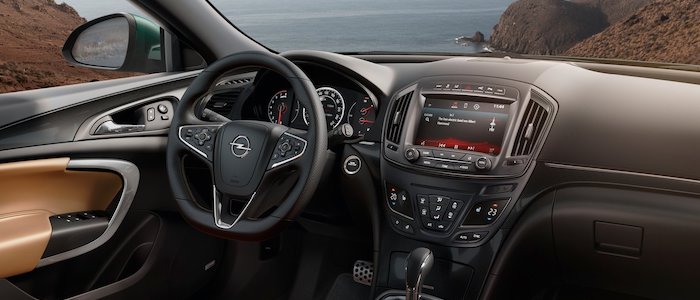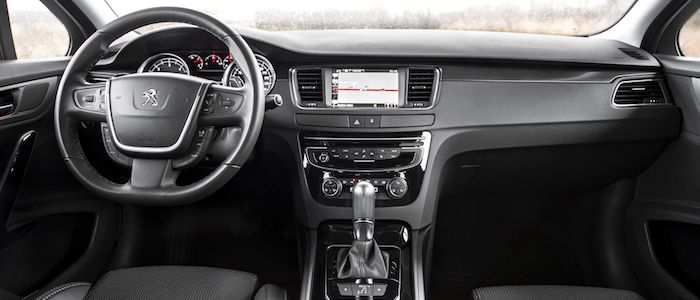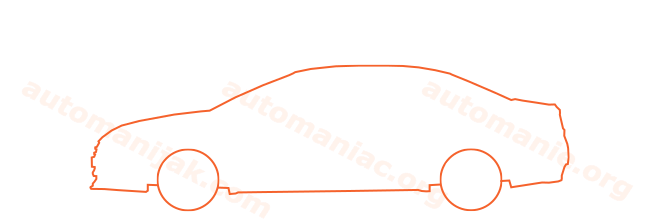Compare two cars
Compare any two cars and get our Virtual Adviser™ opinion
Dimensons & Outlines
Check vehicle history
Engine
2.0 A20NHH
1.6 Prince EP6CDTM
Performance (manual gearbox)
Performance (automatic gearbox)
Expenses
Virtual Adviser's™ opinion
Two significantly similar cars, no doubt about that. Still, each one has something different to offer. Having both cars powered by petrol engines and utilizing the 4-door sedan body style within the same 'Large family car' segment, the only major difference here really is their wheel drive configuration (4 x 4 for the Opel and front in the case of the Peugeot). The first one has a Opel-engineered powertrain under the hood, a 4-cylinder, 16-valves 250hp unit, while the other one gets its power and torque from a 4-cylinder, 16-valves 165hp engine designed by Peugeot.
SafetyBoth vehicles got tested by European New Car Assessment Programme (Euro NCAP), with the same number of safety stars gained in the process. Moving further on, let's take a closer look at some additional safety-related facts. Both vehicles belong to the large family car segment, which is generally a good thing safety-wise, still it doesn't help us solve our dilemma, does it? Furthermore, taking kerb weight as an important factor into account, the German car offers a considerable difference of 19% more metal.
ReliabilityReliability is not the best thing to consider on the make level, but it is worth mentioning that Peugeot does have a slight advantage, when all the models are taken into account. That's the official data, while our visitors describe reliability of Opel with an average rating of 4.2, and models under the Peugeot badge with 4.3 out of 5. Independent research findings rank Insignia as average reliability-wise, and 508 is more or less at the same level.Above it all, drivers of cars with the same engine as the German car rank it on average as 1.0, while the one under the competitor's bonnet gets 4.8 out of 5.
Performance & Fuel economyOpel is undoubtly more agile, reaching 100km/h in 1.1 seconds less than its competitor. In addition to that it accelerates all the way to 250 kilometers per hour, 40km/h more than the other car. When it comes to fuel economy an obvious choice would be the French car, averaging around 5.6 liters of fuel per 100 kilometers (50 mpg), in combined cycle. That's 39% difference compared to the German car!
Verdict
Peugeot is apparently more reliable, not too much, but just enough. The most important thing when deciding between any two vehicles should always be safety, both passive and active. In my opinion, everything taken into account, the German car offers significantly better overall protection, taking the lead here. It all continues in the same direction, with Opel outracing its opponent in any situation possible, making it better choice for boy racers. It does come at a cost though, and that's the fuel consumption... No mistake, whatever you decide here, but I'd still go for the Peugeot. Anyway, that's the most objective conclusion I could've came up with and it's based solely on the information found on this website. Aspects such as design, practicality, brand value and driving experience are there for you to measure them out. I suggest you spend two more minutes in order to find out which car, based on your needs and budget, would be picked by the virtual adviser™, among thousands of similar, yet so different vehicles.
Related articles
Autonomy... Not exactly the most popular word in Europe these days. Nevertheless, to us who each year fill our cars with children, 7 suitcases, bags full of who-knows-what, and one beach-set per child, heading towards warmer places, autonomy plays an important...
























